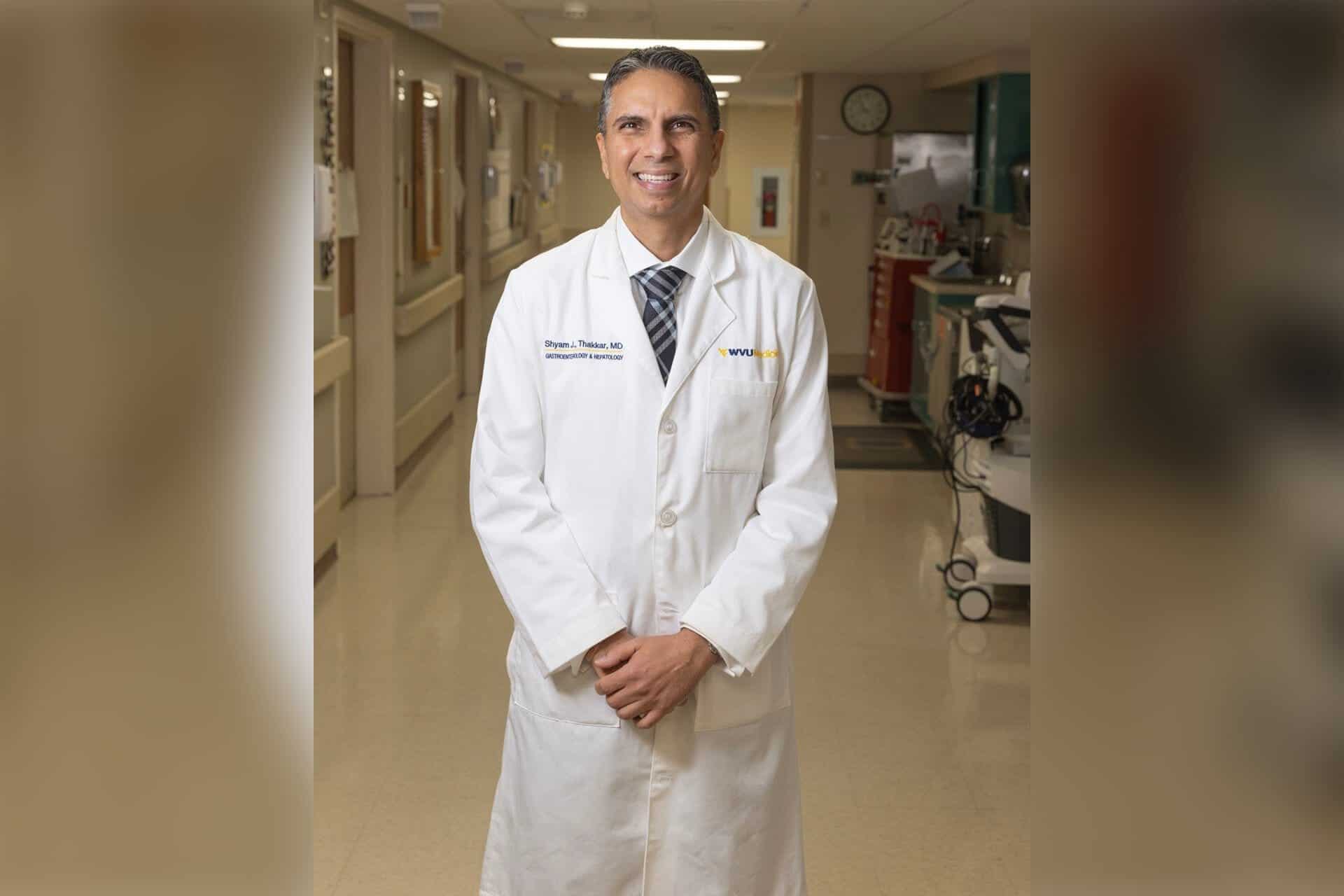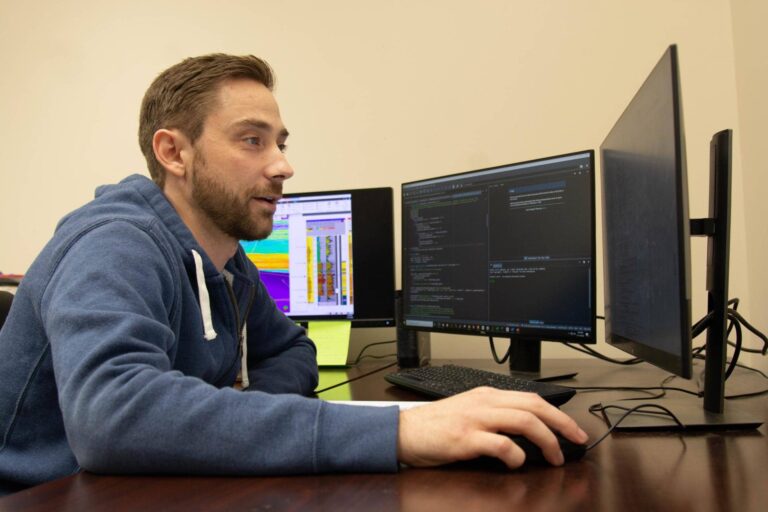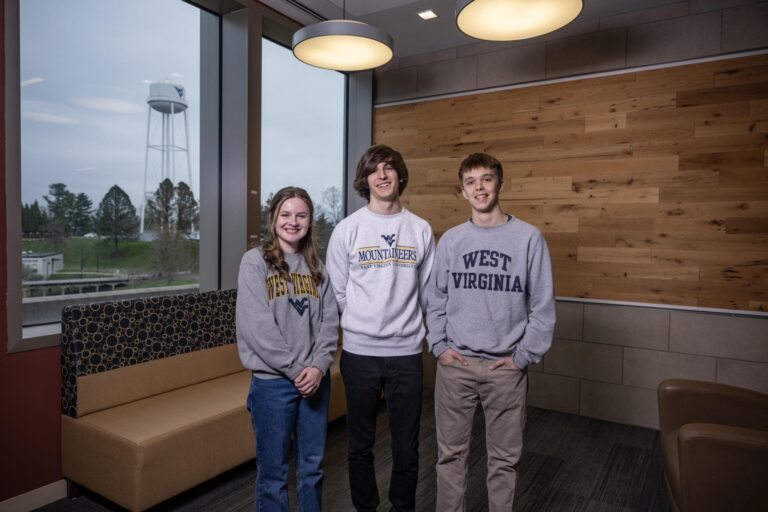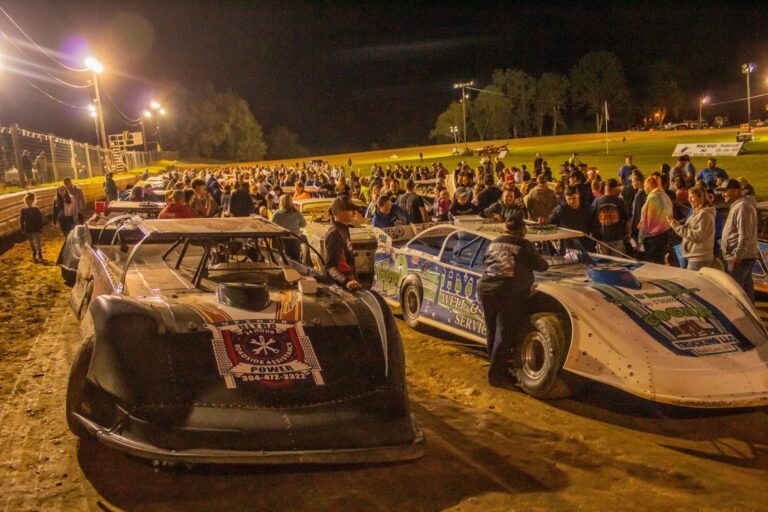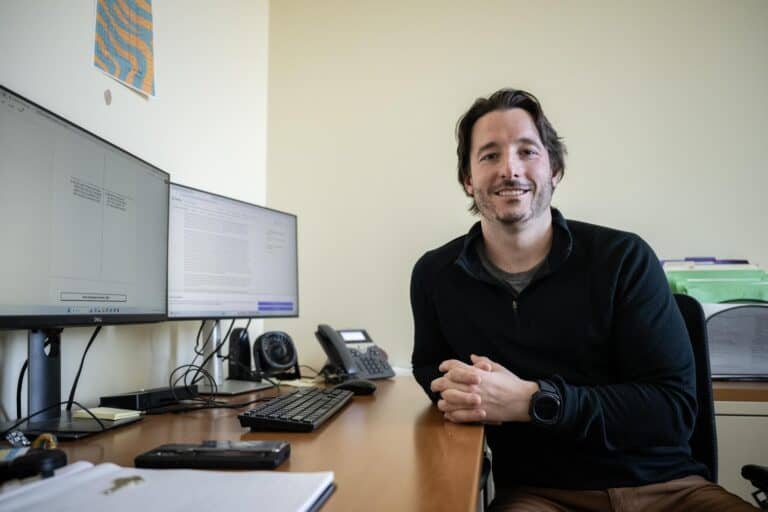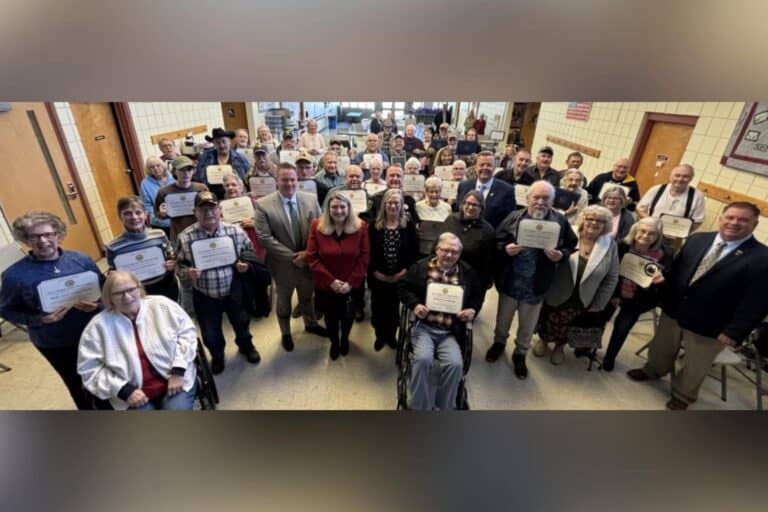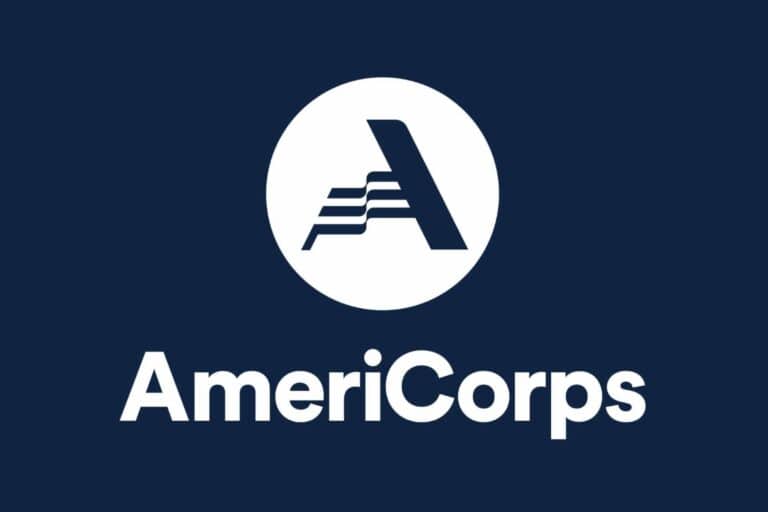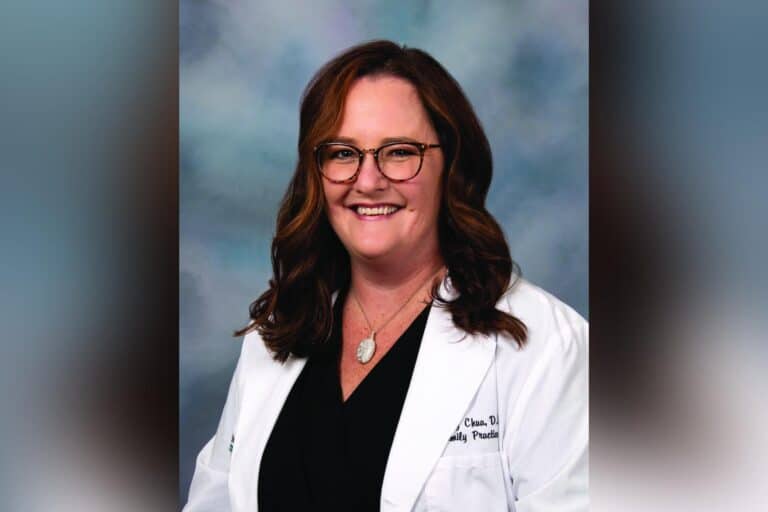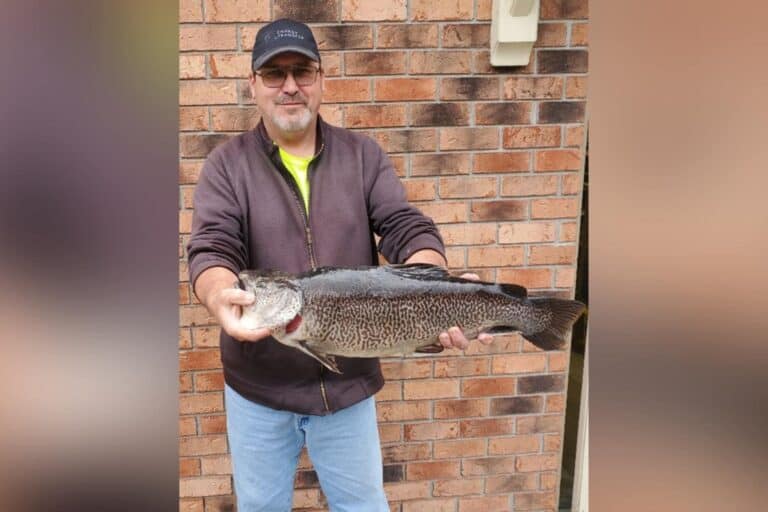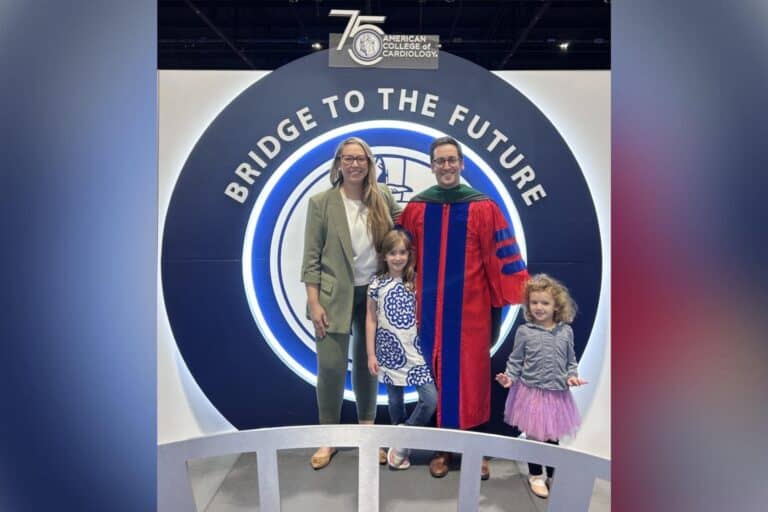Patients suffering from esophageal tumors frequently face malignant dysphagia, a painful condition characterized by difficulty in swallowing. This complication can severely hinder normal eating and complicate treatment. The Advanced Center for Therapeutic Endoscopy at WVU Medicine J.W. Ruby Memorial Hospital in West Virginia is now pioneering an innovative treatment to address this challenge.
Malignant dysphagia can create an agonizing sensation of food being stuck in the esophagus, leading to choking and malnutrition. This not only complicates essential treatments like chemotherapy and radiation but can also hinder recovery efforts.
Previously, the primary treatment option involved placing a stent in the esophagus, which allowed food to bypass the obstruction. However, Shyam Thakkar, M.D., director of the WVU Medicine Advanced Center for Therapeutic Endoscopy, is now utilizing cryogenic spray therapy to tackle the issue more effectively.
While more common in the treatment of certain cancers, the use of cryogenic spray therapy for esophageal cancer is relatively novel. J.W. Ruby Memorial Hospital is one of the few academic centers in the region offering this service.
“WVU Medicine is at the forefront of care by offering cryogenic spray therapy to patients with esophageal cancer and malignant dysphagia,” Dr. Thakkar said. “I am confident that adding this procedure will have increased benefits and survival when combined with chemotherapy, radiation, and surgery. Our goal at WVU Medicine is to provide the highest quality of cancer care for our patients, close to home.”
The treatment employs liquid nitrogen to eradicate esophageal tumors through a “freeze and thaw” mechanism, known as cryotherapy. This method effectively destroys cancer cells while preserving surrounding healthy tissue, which minimizes scarring, pain, and overall recovery time.
This collaborative, multidisciplinary approach to cancer care enhances the capabilities of esophageal surgeons, medical oncologists, and radiation oncologists, resulting in better outcomes. For many patients at the WVU Cancer Institute, cryogenic spray therapy has proven to be transformative. Among them is Scott Hupp, a 57-year-old from Mineral Wells.
“This procedure was a lifesaver,” Hupp said. “This procedure has benefits, beyond just palliative care. I may not even need as much radiation therapy as originally thought.”
For more information about the WVU Medicine Advanced Center for Therapeutic Endoscopy, visit WVUMedicine.org/AdvancedEndo.

